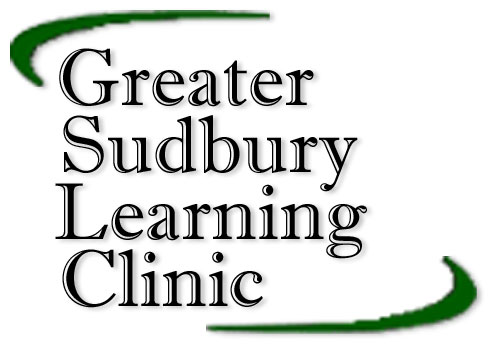|
An "Independent Education & Career Planning Agent", or
a "Professional Learning Coach" is much more than just a
tutor!
While tutoring is something that a "Professional Learning
Coach" offers to his students, the fact is that anyone can be a "tutor".
However, not every tutor is capable of being an effective
"Learning Coach".
A tutor simply helps another person understand specific
elements of a particular curriculum in
order to pass a course or complete an assignment in one subject
area.
A Professional Learning Coach takes the practice of
"tutoring" to a much higher level.
In order to help you understand the difference between the
services provided by a person who is simply a "tutor" and
the services provided by a "Professional Learning Coach", consider the
following fishing story.
One day a fisherman was on his way home when he came upon a man sitting by the side of the
road with his family. The man explained that he
had no money to buy food and that his family was hungry. He asked
the fisherman if he had any fish to give him so that he could feed
his family.
The
fisherman reached into his sack and gave the man a few of the fish that he
had caught that afternoon. The man was grateful for the food. He
then lit a fire and fed his family a meal of freshly caught
fish.
The next afternoon a different fisherman was on his way home when
he came upon the same family sitting by the side of the road. The
man once again explained that he had no money to buy food and that his family
was hungry. He then asked the second fisherman if he had any fish
to give him so that he could feed his family.
The second fisherman reached into his sack and gave the man a
few of the fish he had caught that afternoon.
 Instead of leaving, however, while the man's wife was preparing and
cooking the fish for dinner, the second fisherman took the man to the nearby stream
that was running by the side of the road. The second fisherman then
showed the man how to break off a branch to turn it into a fishing
pole. The fisherman then gave the man a piece of fishing line and
a hook. He showed the man how to attach a berry to the hook and then showed
the man how to hold the fishing pole in the water with the hook
and berry floating on the surface. The second fisherman stayed with
the man until they caught a few fish from the stream. Once the
second fisherman was satisfied that the man was able to catch fish on
his own, the second fisherman continued on his way down the road,
satisfied that the man and his family would never again be hungry. Instead of leaving, however, while the man's wife was preparing and
cooking the fish for dinner, the second fisherman took the man to the nearby stream
that was running by the side of the road. The second fisherman then
showed the man how to break off a branch to turn it into a fishing
pole. The fisherman then gave the man a piece of fishing line and
a hook. He showed the man how to attach a berry to the hook and then showed
the man how to hold the fishing pole in the water with the hook
and berry floating on the surface. The second fisherman stayed with
the man until they caught a few fish from the stream. Once the
second fisherman was satisfied that the man was able to catch fish on
his own, the second fisherman continued on his way down the road,
satisfied that the man and his family would never again be hungry.
The first fisherman provided the man with the means of
satisfying the immediate hunger of the man and his family. However, the next
day the man and his family were hungry again. That is what most tutoring
is all about. Tutoring provides short-term solutions to
learning problems, but soon those problems come back again.
The second fisherman not only satisfied the immediate hunger of
the man and his family, he then showed the man how to catch his
own fish and left the man with suitable knowledge and skills to
make sure that he would never again go hungry. In fact, the man
now had the ability to catch fish for sale to make money to
purchase other things for his family. The second fisherman gave
the man hope and the ability to make a good life for himself. That
is what a "Personal Learning Coach" does.
A "Personal Learning Coach" recognizes the need to solve
immediate problems, but also realizes that it is even more
important to develop skills which will ensure that those problems
never again present the same challenges as they did in the first
place.
Anyone can be a "tutor". Anyone can help out with an
immediate problem, but it takes a person with special skills and
experience to be
an effective "Personal Learning Coach".
|